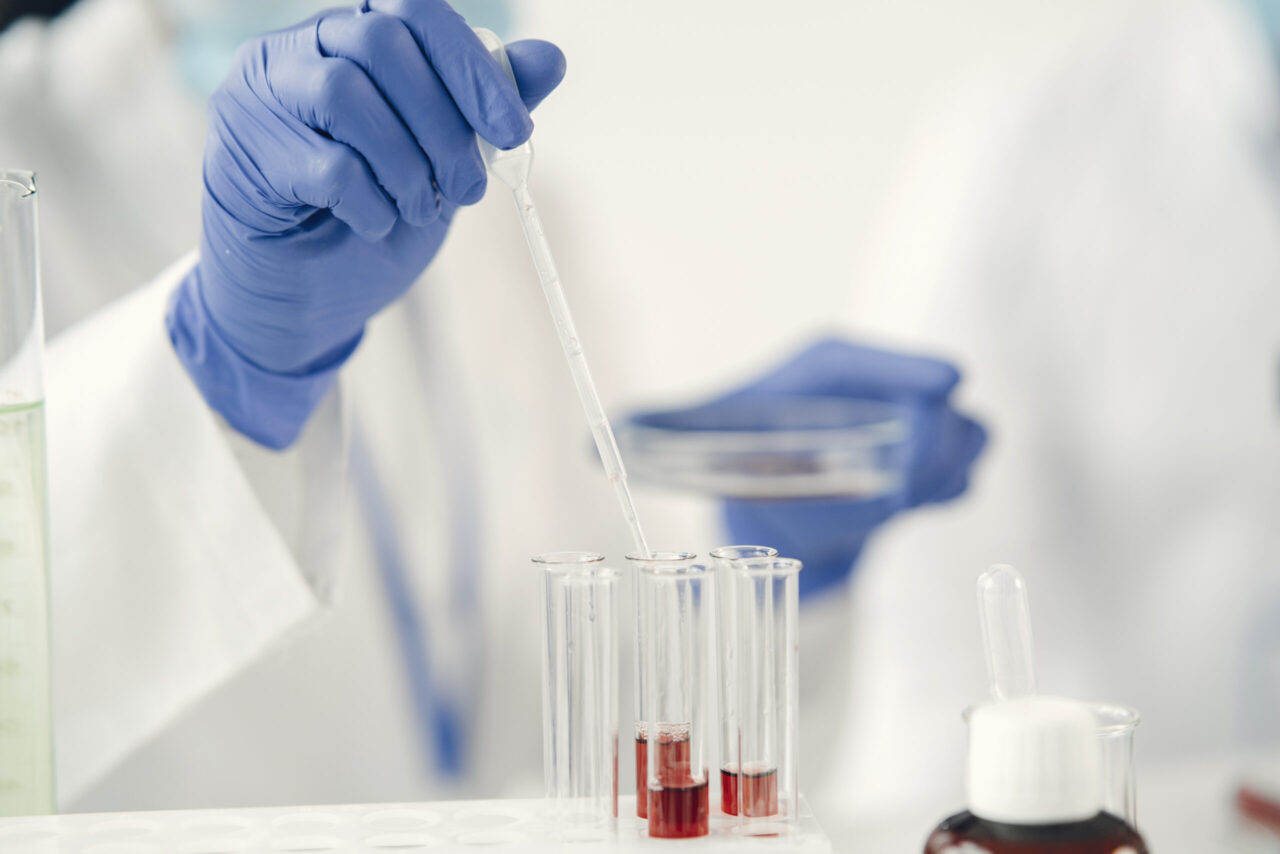A new blood test promises to revolutionize cancer detection by identifying early signs of the 12 most common cancers, even before the first symptoms appear. This “revolutionary” test will be presented by the UK Secretary of State for Health, Wes Streeting, who himself is a cancer survivor.
A Promising Technology
This government-funded “universal” blood screening could be implemented within five years, potentially saving thousands of lives each year. Based on technology similar to the PCR tests used during the Covid-19 pandemic, this test could detect cancers such as lung, breast, prostate, pancreatic, as well as colorectal and liver cancers. With just a few drops of blood, it could reduce the months of waiting for traditional exams, making early diagnosis crucial.
A Turning Point in Oncology
In addition to the aforementioned cancers, the test is also capable of detecting ovarian, brain, esophageal, bladder cancers, as well as sarcoma of the bones and soft tissues, and gastric cancer. Researchers have formed a startup, Xgenera, to facilitate the deployment of this technology, which they estimate could “save millions of lives” worldwide.
An Alarming Context
Each year in England, more than 320,000 people are diagnosed with cancer, approximately 900 new cases per day. The most common cancers include prostate, breast, lung, and bowel cancers. The Covid-19 pandemic severely disrupted patient care, causing delays in exams and leaving thousands of cases undiagnosed. In 2020, around 40,000 cancers went undiagnosed during the first year of the health crisis.
Improving Diagnosis
Despite efforts to recover, the statistics remain concerning. Out of 254,594 urgent cancer cases referred by general practitioners last March, only 77.3% resulted in a diagnosis or exclusion of the disease within 28 days of consultation, slightly above the 75% target. Additionally, less than 69% of patients began their first treatment within two months of an urgent consultation, while guidelines recommend treatment for 85% of patients within this period.
Future Perspectives
Screening programs are one of the most effective tools for identifying cancers at an early stage. This new test could significantly improve the prognosis for many patients, reduce waiting times, and relieve pressure on healthcare systems by avoiding more invasive diagnostic exams.
With the introduction of this innovative blood test, the fight against cancer could enter a new era, where early detection becomes the norm, offering patients quick and optimized care, thus increasing their chances of survival.
Source: Santé Magazine

